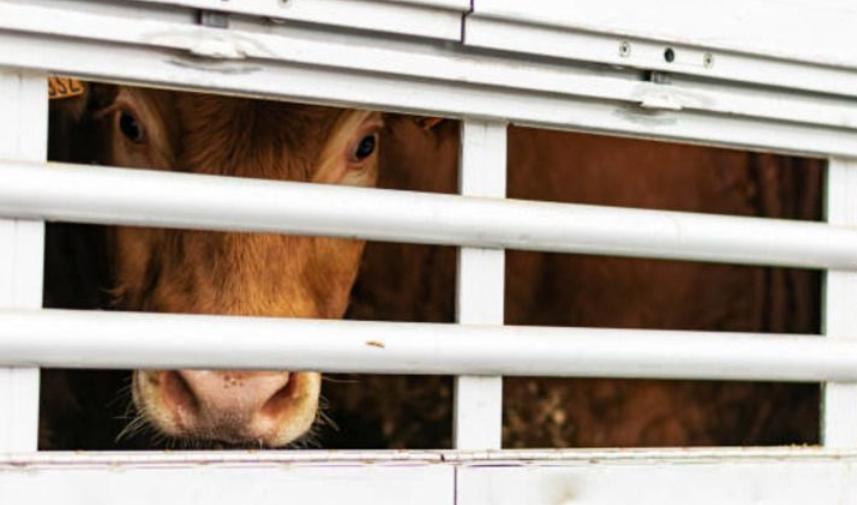New Zealand will completely ban the export of livestock from April next year, two years after the crash that sank the Gulf Livestock 1 livestock carrier that killed 41 crew members and 6,000 animals, reports The Guardian.
Amendments to the law on the protection of animals were adopted on Thursday last week. The government said the new law is intended to protect New Zealand’s reputation with consumers. Agriculture Minister Damien O’Connor said it was not just about protecting the interests of today’s farmers, but also their future generations.
Earlier this year, a livestock ship sank in Sudan, killing more than 15,000 sheep; in 2020, about 15,000 sheep were also killed in the Black Sea, transported on a sunken Romanian ship. In 2021, 3,000 Spanish bulls remained at sea for three months after Turkey refused to accept them for fear of infection. Many of the animals died from starvation and dehydration, eventually the ships returned to Spain and the emaciated animals were slaughtered.
According to official statistics from New Zealand, in the first half of 2022, the country exported 50.5 thousand heads of livestock. During this period, 23 animals died. In 2021, 135 thousand heads of cattle were exported, 86 died. All deliveries were made exclusively to China and exclusively for breeding. The main port of departure is the New Zealand port of Napier, through which about three-quarters of all exports pass.
The opposition New Zealand National Party opposed the bill, calling it “disproportionate” and “ideological”. The party said that cutting off livestock exports would cut the country’s gross domestic product by nearly half a million New Zealand dollars (more than $250 million).

